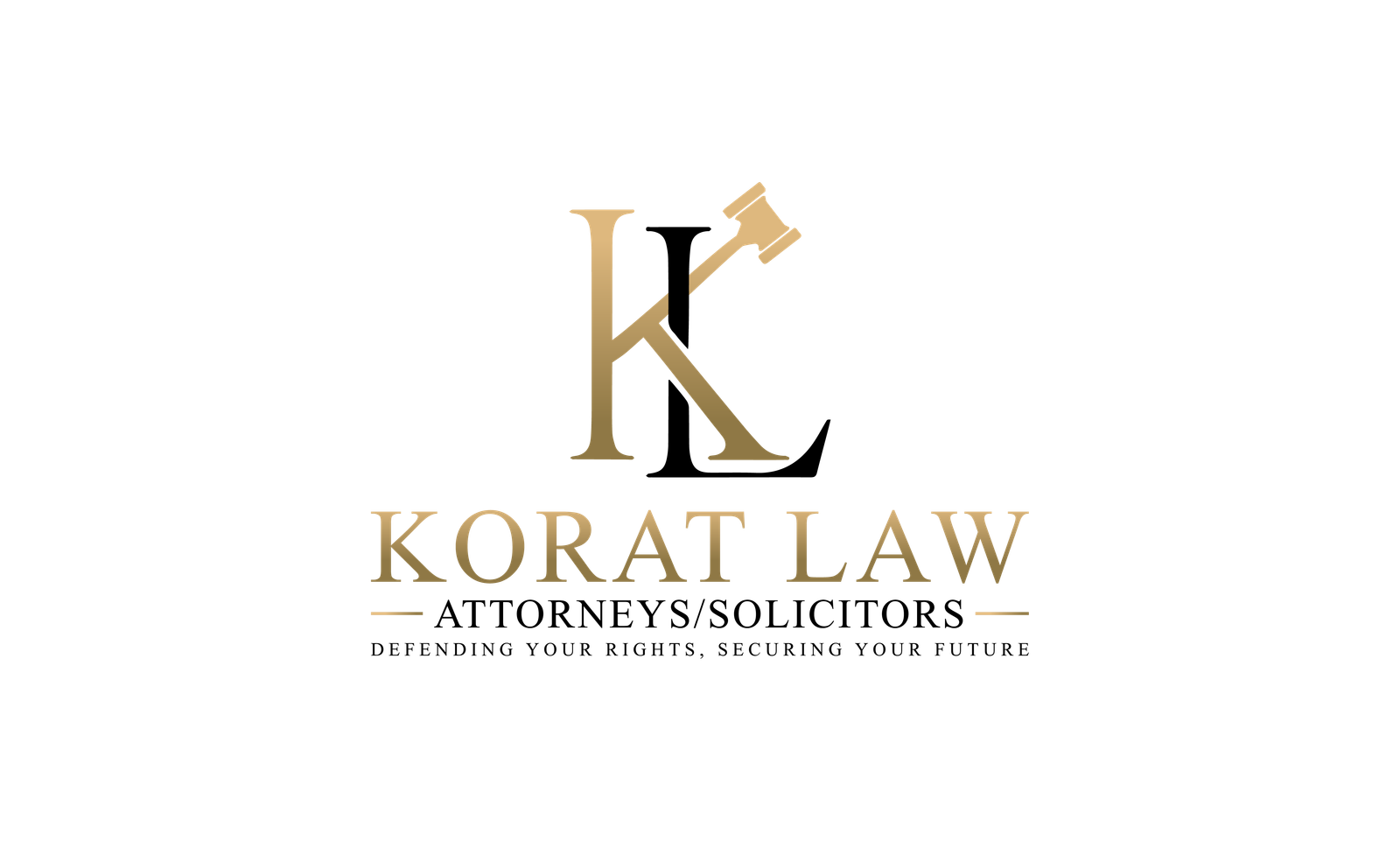When you’re facing a legal issue, you want the best representation possible—but “best” doesn’t always mean the biggest or flashiest law firm. In many cases, working with a local attorney offers key advantages that can make a real difference in your case.
From understanding the local court system to building personalized relationships, here’s why choosing a lawyer in your own community matters more than you might think.
1. Knowledge of Local Laws and Procedures
Every state, county, and city has its own laws, ordinances, and court procedures. A local attorney is deeply familiar with:
- How your local courts operate
- Filing requirements and deadlines
- Regional judges’ preferences and tendencies
- Local rules that might not apply elsewhere
This kind of insider knowledge can save time, avoid mistakes, and even influence the outcome of your case.
2. Relationships with Local Judges and Legal Professionals
Law is not just about statutes—it’s also about relationships. Local attorneys often know:
- Judges and how they typically rule
- Opposing counsel and their styles
- Clerks, mediators, and other court personnel
These connections don’t guarantee results, but they can smooth communication and help your lawyer navigate the process more efficiently.
3. Accessibility and Personalized Attention
Need to drop off documents, schedule a quick in-person meeting, or discuss updates face-to-face? A local attorney is nearby and more accessible. You’re not just a case number—they’re part of your community, and they’re more likely to provide:
- Timely responses
- Flexible meeting options
- Personalized service tailored to your unique needs
That accessibility can give you peace of mind during stressful legal situations.
4. Better Understanding of Local Issues
Whether it’s real estate, business, zoning, or family law, legal issues often have a local context. A lawyer based in your area will be better equipped to handle:
- Regional property laws and development trends
- Local employment regulations
- Specific concerns affecting your city or neighborhood
They live and work where you do, so they understand the nuances that might impact your case.
5. Supporting Your Community
By hiring a local attorney, you’re not only getting legal help—you’re supporting a small business that gives back to your community. Local law firms often:
- Sponsor school programs and sports teams
- Volunteer time and resources to local causes
- Offer internships and mentorship to local students
It’s a win-win: you get trusted legal support, and your investment stays in your community.
Final Thoughts
Legal issues are personal—and having someone on your side who knows the area, the people, and the process can make all the difference. A local attorney offers not just legal expertise, but accessibility, trust, and a deep understanding of your unique environment.
If you’re facing a legal challenge or just need advice, don’t underestimate the value of a lawyer who’s right around the corner.






